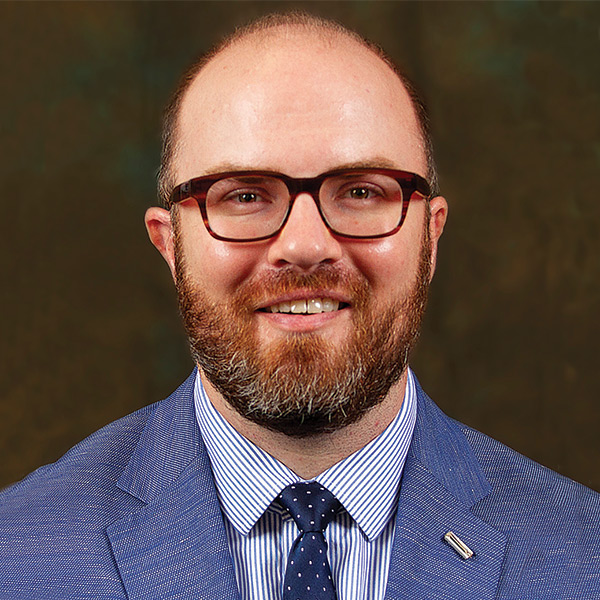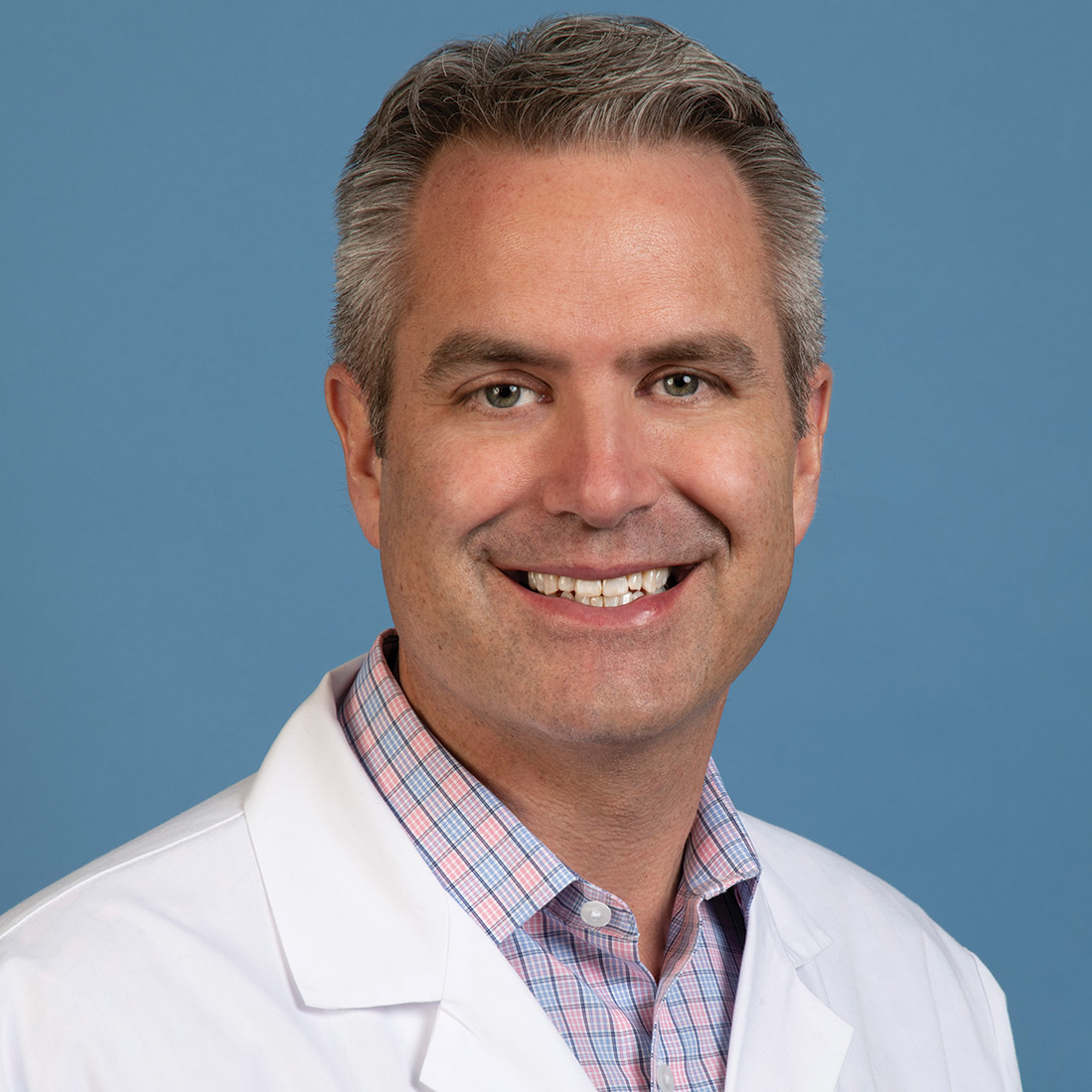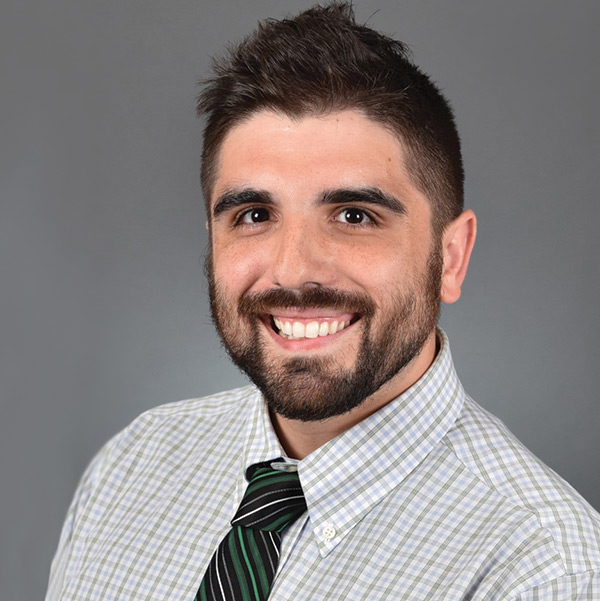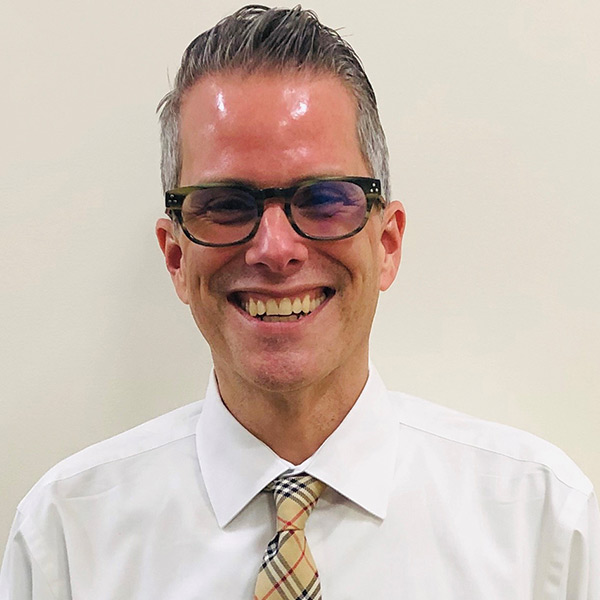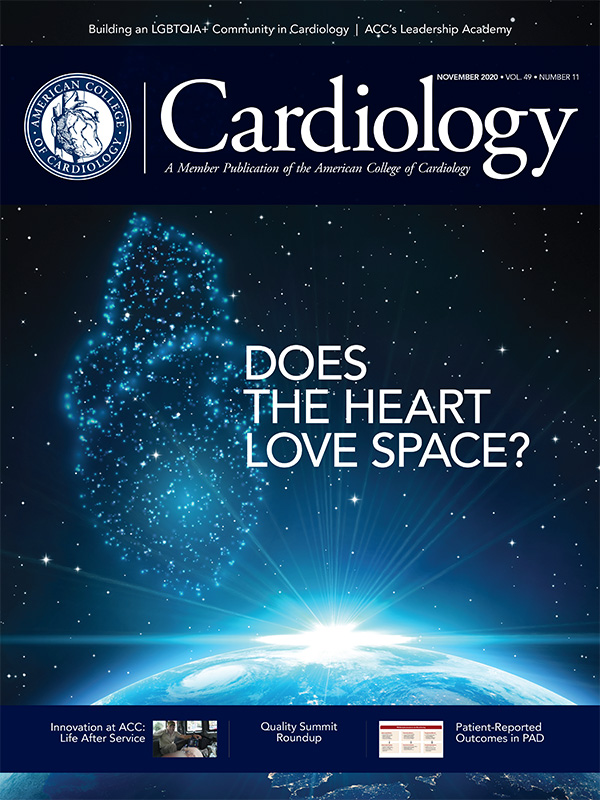Perspective | Finding Our Voices: Building an LGBTQIA+ Community Within Cardiology

We are four gay cardiologists, each in different phases of our careers and each moved by the progress for LGBTQIA+ individuals in our short lifetimes. We are proud physicians who care deeply and passionately for all our patients, just as you do.
We stand here today to say there are still many challenges and many hills to climb to make future cardiologists who are LGBTQIA+ feel welcome within the professional community and for all cardiovascular professionals to provide sensitive, compassionate care to LGBTQIA+ individuals.
The ACC and you can be a proud beacon of light for your patients, for current and future trainees, for your peers, and for yourselves.
Reflections

In the July 2020 issue of Cardiology, the topic of LGBTQIA+ health was celebrated and we were excited to see the ACC commit to educating cardiologists on this often-overlooked topic. We, however, feel the need to share with you some of our experiences as gay physicians and extend an invitation to join us in developing an LGBTQIA+ and ally community within the ACC.
As members of the LGBTQIA+ community, we have struggled to reconcile our own sexual and gender identities with the norms of society, which categorizes a heterosexual (or straight) orientation and male/female gender as the default.
Whether we were raised in small, rural communities or urban areas, because of this default, we had to "come out" of the proverbial closet to our family, friends and communities at the risk of rejection by our loved ones and by society. Technology has advanced connections and the creation of LGBTQIA+ communities, especially compared with the challenges faced by those who came before us.
Looking to engage in discussions and share perspectives on important issues facing LGBTQIA+ clinician and patient populations? ACC members are encouraged to join a new group forming in ACC's Member Hub.
Looking to share your story or perspective? Cardiology would love to hear from you. Email CardiologyEditor@ACC.org.
We have found our own ways to be safe and to avoid harassment during the journey toward careers in cardiology from medical school, residency and then fellowship. To be "out" is to perpetuate the process of "coming out." Unfortunately, it is not a one-time event.
As we move on in life, we constantly encounter new colleagues, friends, patients and staff members – all of whom have been conditioned by society to think in the default terms of heterosexual and male/female.
We have to announce to those around us that we are different from the norm, thus making us vulnerable to the judgments of others. We have to make those judgments on a daily basis as we meet new people and assess the level of risk – whether physical, verbal or emotional – these encounters may carry.
Each of these scenarios can be emotionally and mentally exhausting.
The Training Journey
We have studied and trained at great institutions of learning but have been disappointed by the heterocentric hegemony of higher education which reflects that of society as a whole. Each of us chose to train in major metropolitan areas mirroring the migration of many LGBTQIA+ individuals seeing more diverse and accepting communities.
However, it is important to note that 20% of LGBTQIA+ individuals live in rural areas of the country.
Throughout our careers, we have noted a paucity of guidance and mentorship from LGBTQIA+ physicians, often having to establish ourselves as knowledgeable niche providers. Our peers and supervising faculty, more often than not, lacked any knowledge about sexual health and identity to guide us in LGBTQIA+ patient care.
Some of us have been asked on interviews about our wives, often forcing us to awkwardly disclose we didn't have them. Others of us have been asked outright if we were gay during fellowship interviews.
Upon entering our cardiology fellowships, we encountered the proverbial "boys club" in which most members were white, straight and male. We saw less of the diversity amongst our peers and attendings than we saw in our general residencies.
Even today, there is a lack of formal education regarding cardiac care in sexual and gender minorities, as well as mentors within our own field.
Advocacy and Education For Your Patients and Yourself
Each one of us has been witness to and a victim of discriminatory behavior throughout our careers in medicine. This may stem from a lack of experience or awareness, or it may be a result of internal cultural attitudes.
What You Can Do
- Learn more about LGBTQIA+ populations.
- Wear symbols of your commitment to LGBTQIA+ issues – but dig deeper and learn more about how to care for your LGBTQIA+ patients. Serious commitment to health equality requires more than an accessory.
- Take LGBTQIA+ Health Education Training (National LGBT Health Education Center, lgbthealtheducation.org).
- Be mindful of language and use gender-neutral pronouns.
- Become familiar with sexual orientation and gender identity terminology with a glossary on ACC's Diversity and Inclusion page at ACC.org/Diversity.
- Redirect others who use abusive or derogatory language.
- Avoid assuming an individual's sexual orientation and gender identity.
We have seen physicians, nurses and staff make derogatory comments about an individual's presumed sexual orientation or a patient's appearance (especially regarding transgender patients).
We ask you to increase your fund of knowledge in order to provide culturally competent care. Sexual orientation and gender identity data have become slowly integrated into practice across the country, which will allow for further research into patient care.
While many patients and providers may be more comfortable disclosing such information in the primary care setting, cardiologists should be aware of specific risk factors for cardiovascular disease, especially with regard to smoking, substance abuse, depression, obesity and hormone therapy.
Gender-neutral language should become the norm when discussing patient care and when interacting with patients and colleagues. Many of our own colleagues have shared their discomfort with using sexual orientation and gender identity terms due to a total lack of familiarity with the many descriptors people use to describe themselves.
However, the burden cannot and should not be placed on sexual and gender minorities to explain themselves to providers, colleagues and staff. We advocate for an open and honest discussion, which we have all had as providers and patients, to better facilitate communication.
Providers must also task themselves with awareness of their LGBTQIA+ colleagues and the microaggressions perpetrated against them. We as physicians know looks may be deceiving, and our assumptions about appearance and behavior should be checked before each interaction.
Moving Forward

The ACC has made strides to increase the number of cardiologists regarding women and racial and ethnic minorities. It is time to include other groups of underrepresented minorities, such as those who identify as LGBTQIA+, in all areas of care, research, and advocacy – because we already are part of every community.
Now is the time we can move forward with more inclusive research and clinical practices to allow us to answer fundamental questions about cardiovascular health. The implications of collection and analysis of LGBTQIA+ data are far reaching regarding both personal and population outcomes.
Our own intersection of identities plays a fundamental role in how we approach patient care and how we relate to our colleagues, but we also recognize our own limitations – as do all clinicians – during daily practice.
However, with a firm commitment to expansion of the knowledge base, the ACC and you can be a proud beacon of light for your patients, for current and future trainees, for your peers, and yourselves.
Resources to Learn More
Click here to start building your knowledge base with the AHA Scientific Statement on Assessing and Addressing Cardiovascular Health in LGBTQ Adults.
Click here to download a free article from the journal Transgender Health on the experiences of transgender and gender nonbinary medical students and physicians.
Turn back to past articles in Cardiology for more on transforming care for LGBTQIA+ populations and culturally competent care and implicit bias.
Keywords: ACC Publications, Cardiology Magazine, Fellowships and Scholarships, Gender Identity, Internship and Residency, Schools, Medical, Mentors, Judgment, Reproductive Health, Heterosexuality, Homosexuality, Homosexuality, Male, Homosexuality, Female, Rural Population, Love, Training Support, Empathy
< Back to Listings


